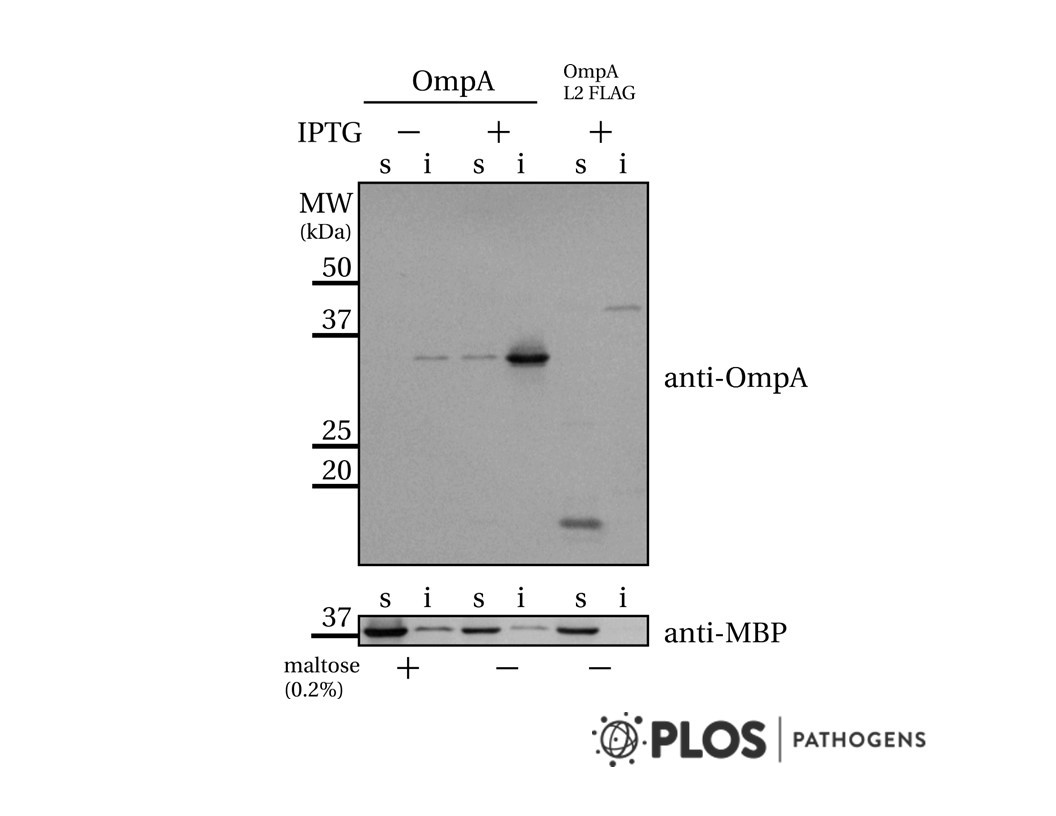
Cat. #162061
Anti-HSP90 alpha/beta [MBH90AB]
Cat. #: 162061
Sub-type: Primary antibody
Target: alpha/beta forms of heat shock protein 90 (HSP90 alpha/beta)
Class: Monoclonal
Reactivity: Human ; mouse ; bovine
Host: Mouse
£300.00
This fee is applicable only for non-profit organisations. If you are a for-profit organisation or a researcher working on commercially-sponsored academic research, you will need to contact our licensing team for a commercial use license.
Contributor
Institute: Moravian Biotechnology
Tool Details
*FOR RESEARCH USE ONLY
- Name: Anti-HSP90 alpha/beta [MBH90AB]
- Clone: MBH90AB
- Tool type ecom: Antibodies
- Tool sub type: Primary antibody
- Class: Monoclonal
- Conjugation: Unconjugated
- Molecular weight: Calculated: 84660Da (Hsp90?), 83264Da (Hsp90?); SDS-PAGE mobility (reduced): 90kDa for both Hsp90? and Hsp90?
- Reactivity: Human ; mouse ; bovine
- Host: Mouse
- Disease: non-small cell lung cancer (NSCLC)
- Description: Antibody created to detect Hsp90a and Hsp90b proteins. Binding specificity: proteins Hsp90a and Hsp90b, calculated epitope KEFEGKT.
- Immunogen: human Hsp90?
- Isotype: IgG1
- Production details: B cell donor: Splenocytes from mouse immunised with Hsp90?, fusion partner: SP2
Target Details
- Target: alpha/beta forms of heat shock protein 90 (HSP90 alpha/beta)
- Molecular weight: Calculated: 84660Da (Hsp90?), 83264Da (Hsp90?); SDS-PAGE mobility (reduced): 90kDa for both Hsp90? and Hsp90?
- Target background: Hsp90 is involved in maintaining the conformation, stability, activity and localization of several client proteins that trigger key points of oncogenic transformation (like mutant p53, steroid hormone receptors, HER2/neu, C-RAF, CDK4/Cyclin D, telomerase hTERT, etc.). Therefore, modulation of this single target offers the prospect of simultaneous inhibition of multiple signaling pathways and biological processes that might be implicated in the development of the malignant phenotype.
- Epitope sequence: EEVHHGEEEVEC
Handling
- Format: Liquid



